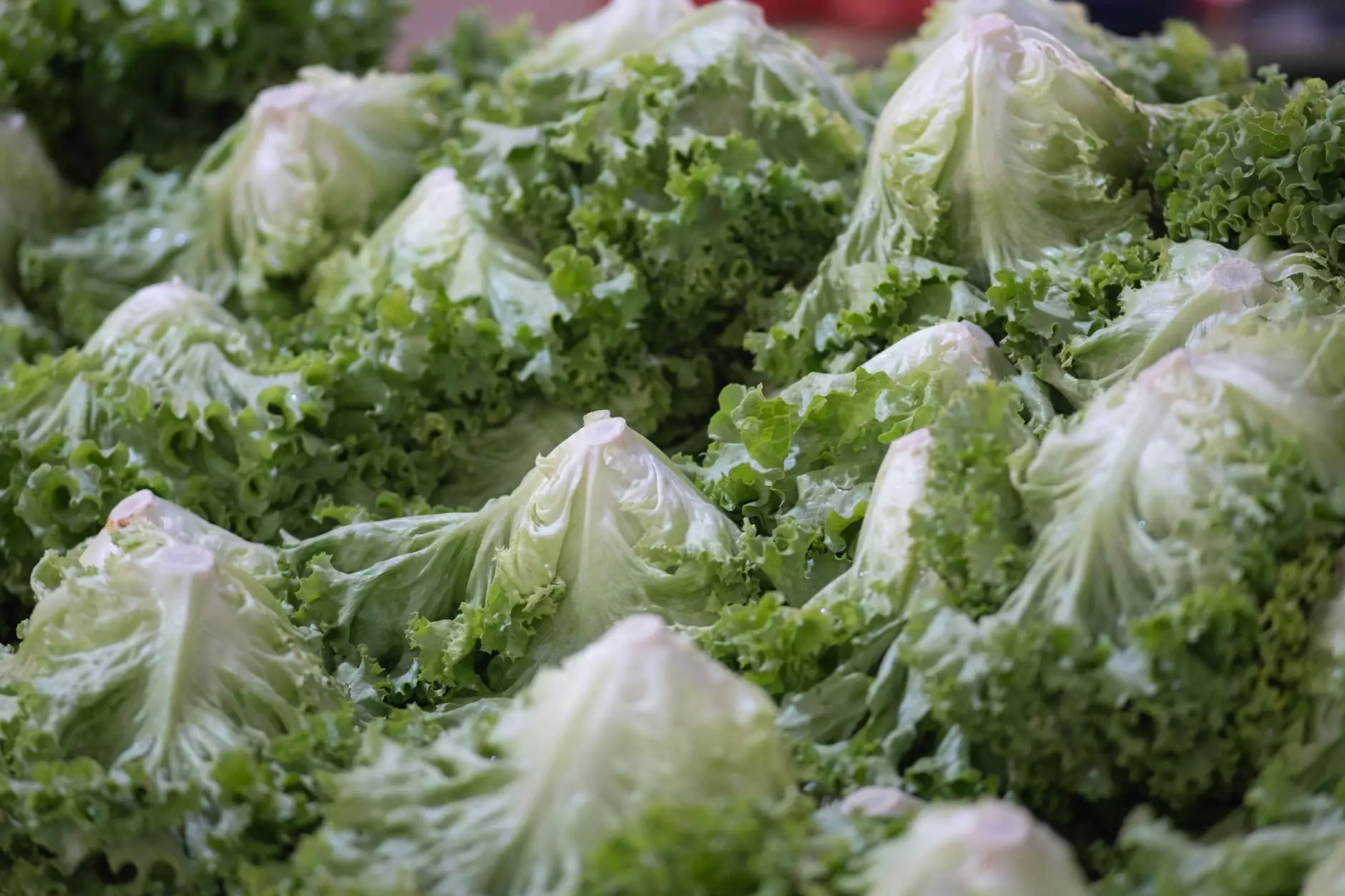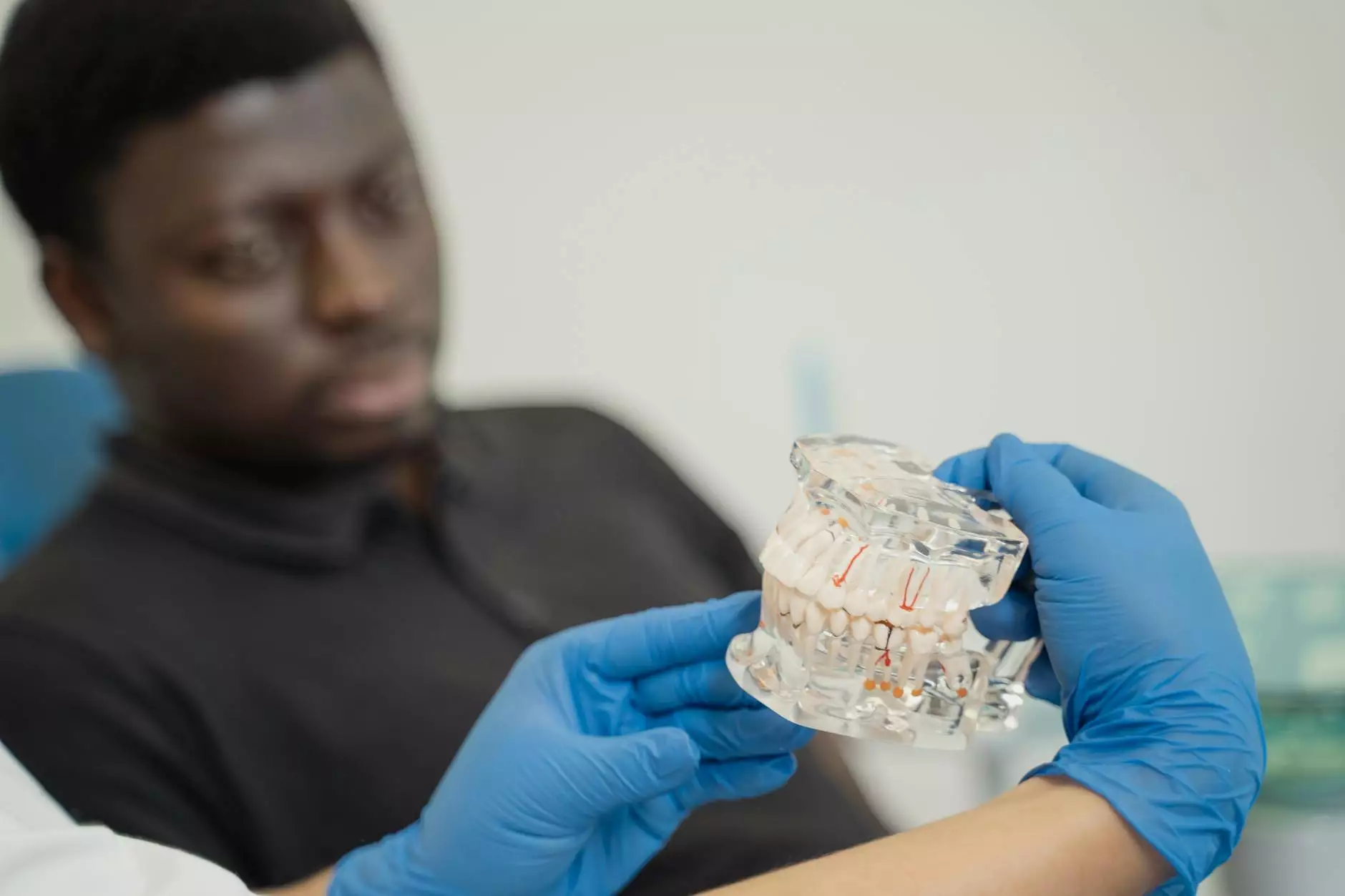Understanding Odontoma Removal: A Guide for Patients

Odontomas are benign tumors that form in the jaw and are typically associated with the development of teeth. They can cause discomfort and complications if left untreated, which is why understanding the process of odontoma removal is essential for patients. In this article, we will delve into the types of odontomas, their symptoms, diagnosis, treatment, and aftercare at SM Balaji Dental Hospital in Chennai.
What is an Odontoma?
An odontoma is a type of dental tumor that occurs during the dental development stage. These tumors can hinder the normal eruption of teeth and cause other oral health issues. Odontomas are classified into two main types: compound and complex.
Types of Odontomas
- Compound Odontoma: This type consists of small, tooth-like structures called odontogenic tissues. These resemble small teeth and usually form in the upper jaw.
- Complex Odontoma: Unlike compound odontomas, complex odontomas do not resemble teeth but instead present as a mass of dental tissue. These are typically found in the lower jaw.
What Causes Odontomas?
The exact cause of odontomas is still a subject of research. However, various factors are believed to contribute to their formation, including:
- Genetic predisposition
- Trauma to the jaw or teeth
- Impacted teeth that fail to erupt
- Chronic irritation or inflammation in the oral cavity
Symptoms of Odontomas
Patients with odontomas may exhibit several symptoms. Common signs to watch for include:
- Unexplained jaw swelling
- Pain or discomfort in the affected area
- Delayed eruption of teeth
- Presence of a hard lump or mass in the gums
- Displacement of adjacent teeth
If you experience any of these symptoms, it is crucial to consult a dentist promptly for evaluation.
Diagnosing Odontomas
Diagnosis of odontomas typically involves a thorough examination and may require imaging tests. At SM Balaji Dental Hospital, our experienced dental team utilizes the following methods:
- Clinical Examination: The dentist will conduct a physical examination of the mouth and jaw.
- X-rays: Panoramic or localized X-rays help visualize the location and size of the odontoma.
- CT Scans: In some cases, a 3D CT scan may be necessary for a more detailed view.
Treatment Options for Odontomas
The primary treatment for odontomas is surgical removal. This procedure aims to eliminate the tumor fully to prevent further complications. The treatment process generally involves:
1. Surgical Procedure
The surgical removal of an odontoma is performed under anesthesia, ensuring the patient is comfortable throughout the process. The steps generally include:
- Incision in the gum tissue to access the odontoma.
- Careful excision of the odontoma and surrounding tissue, if necessary.
- Closure of the incision using sutures.
2. Post-Surgery Care
After the odontoma removal, following appropriate aftercare is critical for a smooth recovery:
- Follow the prescribed pain management regimen.
- Maintain good oral hygiene but avoid vigorous rinsing for the first 24 hours.
- Stick to a soft-food diet to minimize irritation.
- Attend follow-up appointments for suture removal and healing assessment.
3. Potential Complications
Although the surgery is generally safe, some potential complications may arise:
- Infection at the surgical site
- Delayed healing
- Damage to adjacent teeth
It's essential to monitor your recovery and promptly report any unusual symptoms to your dentist.
Why Choose SM Balaji Dental Hospital for Odontoma Removal?
Located in the heart of Chennai, SM Balaji Dental Hospital offers comprehensive dental services with a specialization in oral surgery. Our facility is equipped with advanced technology, and our team consists of highly trained professionals dedicated to patient care. Here are some reasons to choose us for your odontoma removal:
- Experienced Surgeons: Our oral surgeons have extensive experience in performing dental surgeries, ensuring safe and effective results.
- State-of-the-Art Facilities: We utilize the latest technology and equipment to enhance patient comfort and surgical precision.
- Patient-Centered Approach: Our team prioritizes patient comfort and education, providing a supportive environment throughout your treatment.
- Comprehensive Aftercare: We are committed to your recovery with comprehensive follow-up care and guidance.
Frequently Asked Questions (FAQs)
1. How long does recovery take after odontoma removal?
Recovery varies by patient but generally takes about one to two weeks for initial healing. Full recovery may take longer, depending on individual circumstances.
2. Will I need to miss work or school?
Yes, you may need to take time off to recover, especially if you undergo surgery. We recommend discussing your recovery time with your employer or school officials.
3. Is odontoma removal painful?
Patients are typically under anesthesia during the procedure, so they should not feel pain. Post-operative discomfort can be managed with prescribed pain relief.
4. Can odontomas come back after removal?
While it is uncommon for odontomas to recur after complete removal, regular dental check-ups are important for monitoring oral health.
Conclusion
Understanding the process of odontoma removal is vital for those experiencing symptoms or diagnosed with this condition. At SM Balaji Dental Hospital in Chennai, we are dedicated to providing high-quality care and support throughout your treatment journey. If you suspect you have an odontoma or wish to learn more about our services, please do not hesitate to contact us or schedule an appointment.
Remember, prompt diagnosis and treatment are essential for maintaining optimal oral health. Don’t overlook the signs, and trust your dental care to the experts!









